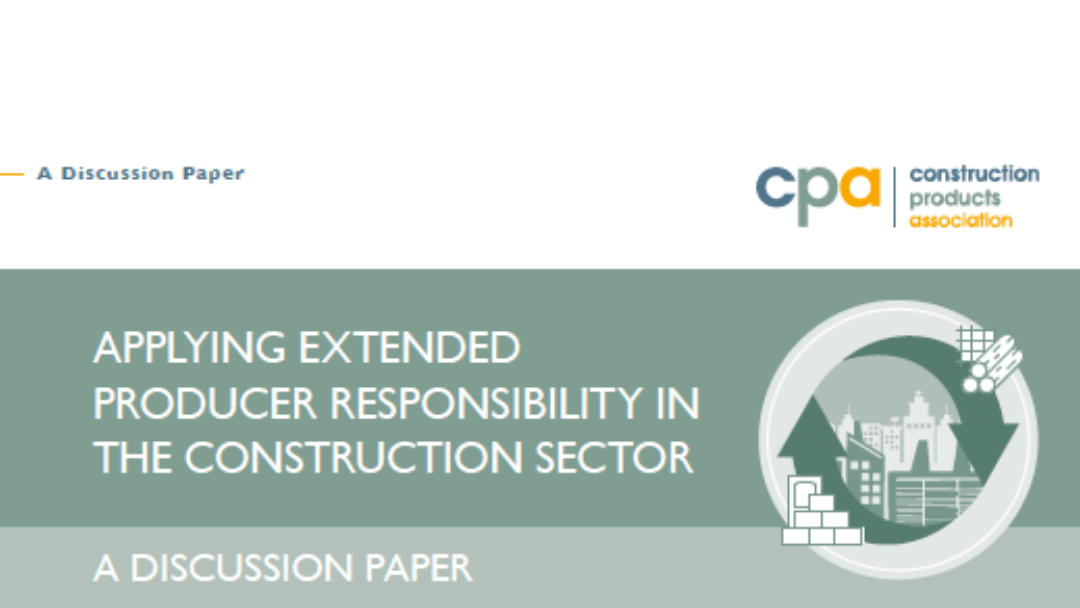This discussion paper seeks to explore the applicability of the concept of Extended Producer Responsibility (EPR) to construction products – is it applicable to all, to some, or no products at all? And whether any general principles to guide potential application can be identified.
EPR is applied in a variety of policies and regulations to transfer responsibility for management of waste products to the producer. Existing EPR schemes already exist to cover, for example, end of life vehicles (ELV) or waste electrical and electronic equipment (WEEE). This paper reflects on how EPR schemes have been applied in those sectors and how it might apply to the construction product sector – and to which products.
EPR can support better practice in the industry, such as minimising over ordering, increasing reuse or encourage high value recycling and could become one of the tools required to shift the industry towards a more circular economy approach – not the only tool.
FIS Sustainability Hub
FIS is committed to taking a pro-active lead, not just in supporting the UK ambition to net zero carbon by 2050, but delivering profound transformation within our supply chain on all aspects of ethical and environmental sustainability. We have created this hub to bring together resources and information that will support your journey to net zero.

